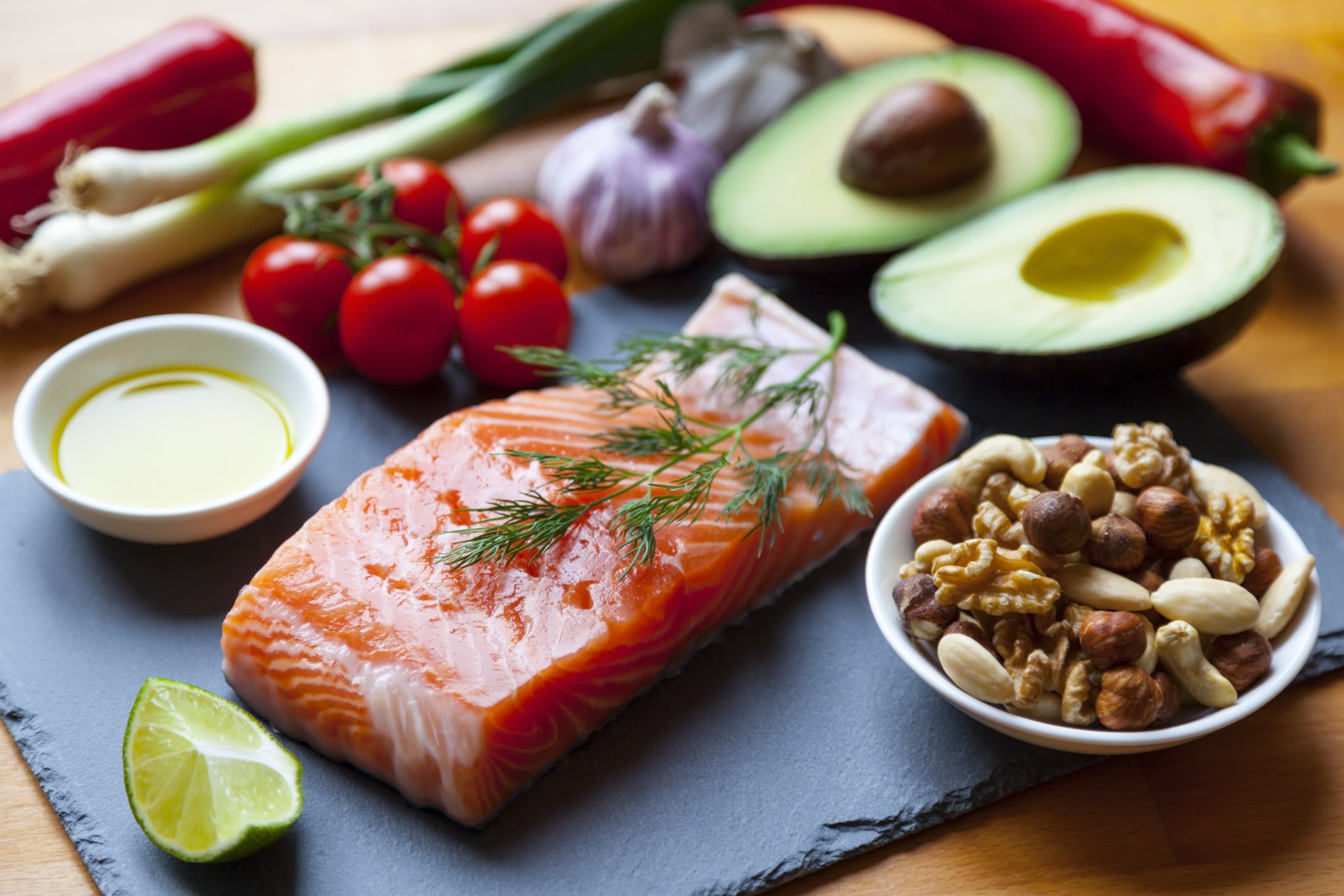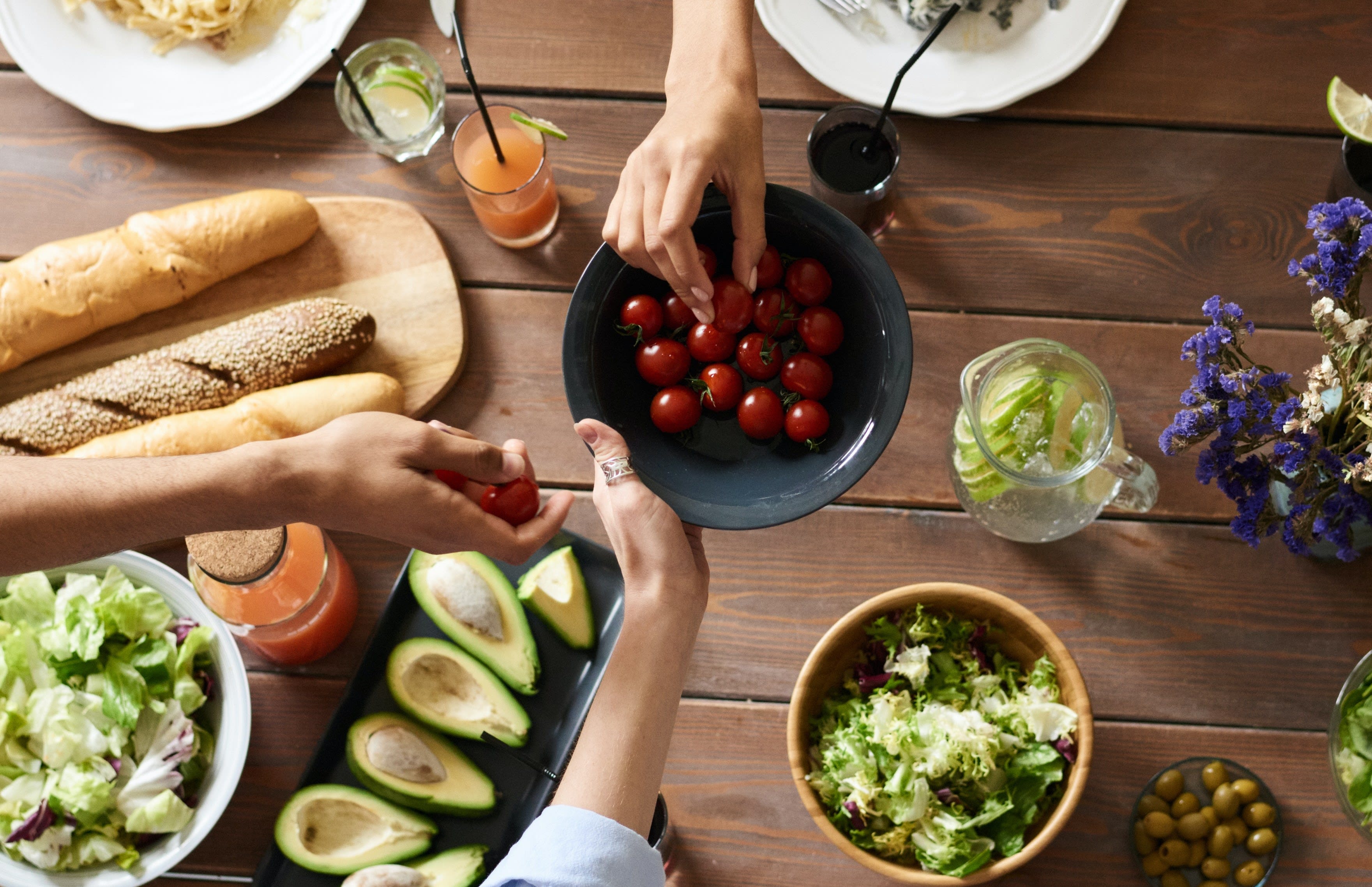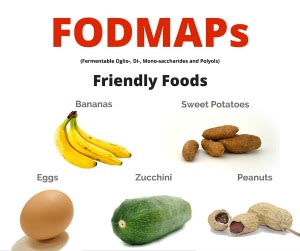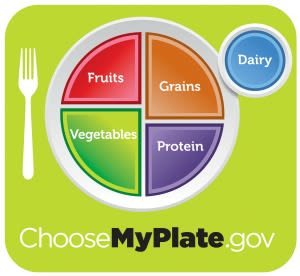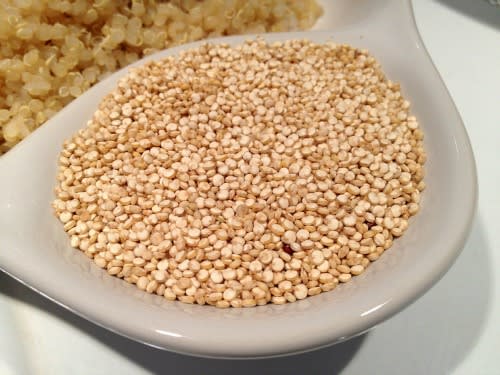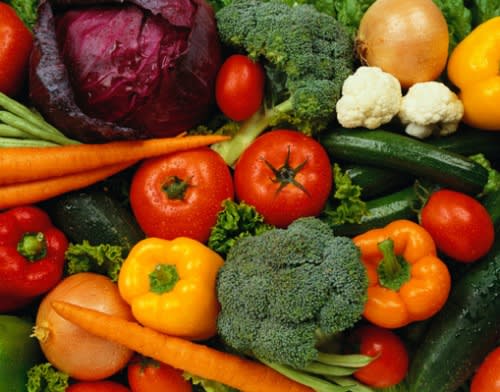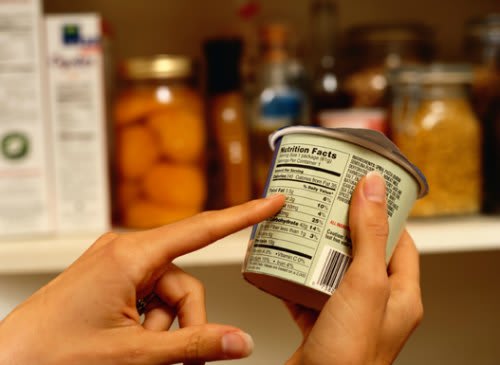10 foods to eat for better brain health
Published: June 15, 2022l
Eat the colors of the rainbow! It’s the easiest way to ensure that you’re getting the nutrients — vitamins, minerals, and antioxidants — that are essential for body and brain health. Yes, there’s such a thing as “brain foods,” and they may help slow memory loss and other forms of cognitive decline, including Alzheimer's disease, which is the most common cause of dementia.
Doctors don’t know exactly what causes Alzheimer's disease, but they do know that nutritious eating, plus regular exercise, can help you stay healthy as you age and possibly reduce the associated risk factors.
Which diets support better brain health?
Research suggests that, in addition to genetics, nutrition may play a role in Alzheimer’s. Some studies have even identified an association between certain diets, most notably the Mediterranean and MIND (Mediterranean-DASH Intervention for Neurodegenerative Delay) diets, and delayed cognitive decline, as well as reduced risk for dementia.
Both diets favor fruits, vegetables, whole grains, legumes, fish, and unsaturated fats, while limiting red meat, sweets, cheese, eggs, butter and margarine, and fast and fried foods. In addition to improving cardiovascular health by reducing fatty deposits in the arteries that can lead to heart disease, these foods may reduce some of the risk factors for diabetes and obesity, which are associated with Alzheimer’s. Diets rich in these foods have also been shown to lower high blood pressure, another Alzheimer’s risk factor. Moreover, these Mediterranean foods are rich in omega 3 fatty acids and antioxidants, which may protect against inflammation — a culprit in many chronic diseases — as well as the formation of beta-amyloid deposits or plaque, which affect the brains of Alzheimer’s patients.
Mediterranean and MIND diet foods:
- Leafy green vegetables (at least 6 servings/week): excellent sources of vitamins E and K, beta carotene, and antioxidants, which are natural anti-inflammatories.
- Other vegetables (at least 1 serving/day): 50% of everything we eat every day should be produce! You should eat a vegetable at every meal and those vegetables should fill half your plate. Frozen vegetables count. Also: yellow or orange fruits or vegetables are high in beta carotene, and red peppers have three times as much vitamin C as green peppers.
- Berries (at least 2 servings/week): blue or purple berries contain anthocyanin, which contains antioxidants.
- Whole grains (at least 3 servings/day): rich in protein, fiber, B vitamins, antioxidants, and trace minerals (iron, zinc, copper, and magnesium) that can help reduce the risk for heart disease, Type 2 diabetes, obesity, and certain cancers.
- Fish (1 serving/week): excellent source of omega 3 fatty acids, especially salmon.
- Poultry (2 servings/week): reduces the risk of heart disease and contains the amino acid tryptophan, which is linked to elevated levels of the mood-enhancing neurotransmitter, serotonin.
- Beans (3 servings/week): excellent protein source containing phytonutrients, which may help reduce the risk of heart disease.
- Nuts (5 servings/week): walnuts have anthocyanin, and peanut skins have resveratrol, and both are rich in antioxidants.
- Wine (1 glass/day): another source of resveratrol, along with grapes.
- Olive oil, flax seeds, flaxseed oil: rich in omega 3 fatty acids, which have been shown to help prevent heart disease and stroke, potential risk factors for Alzheimer’s.
If you are allergic to salmon or walnuts, then you can get certain essential nutrients, like omega 3 fatty acids, from dietary supplements. The U.S. Food and Drug Administration doesn’t monitor their quality, however, so it’s best to get your nutrition through real food.
If improving your nutrition means completely revamping your diet, try making one small change at a time. While you’re at it, teach your children good eating habits. Studies show if you educate young children about good nutrition, they’ll maintain healthy behaviors for the rest of their lives.
Although there’s no magic bullet when it comes to Alzheimer’s or any other disease, it’s never too late to start eating healthy. So many of my patients say, “I didn’t realize how bad I felt until I started eating better and how good I feel now!”
About the Author
Tara Joyce is a clinical dietitian at Stamford Health's Nutrition Counseling Center.
Featured Expert/ Author


